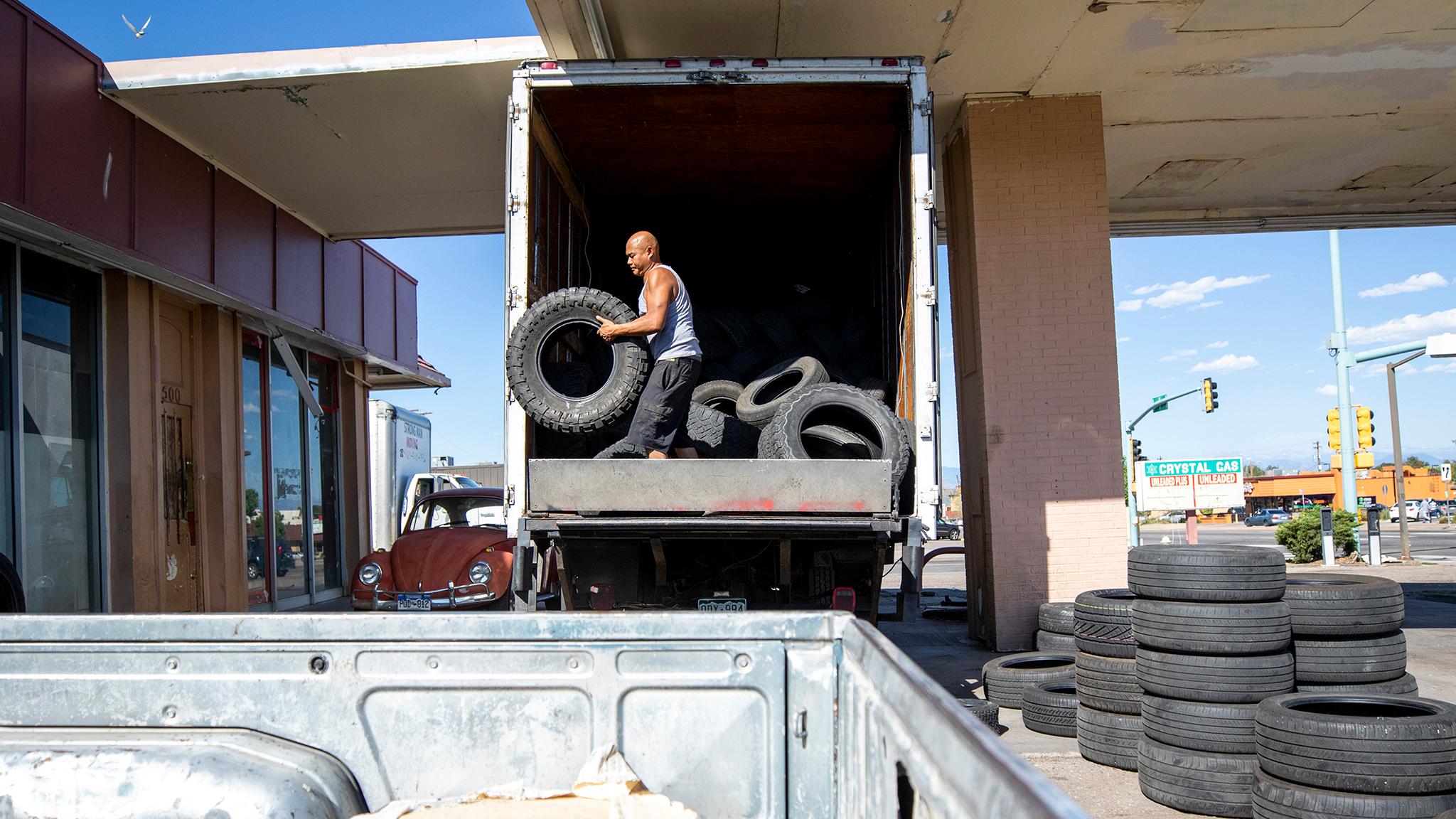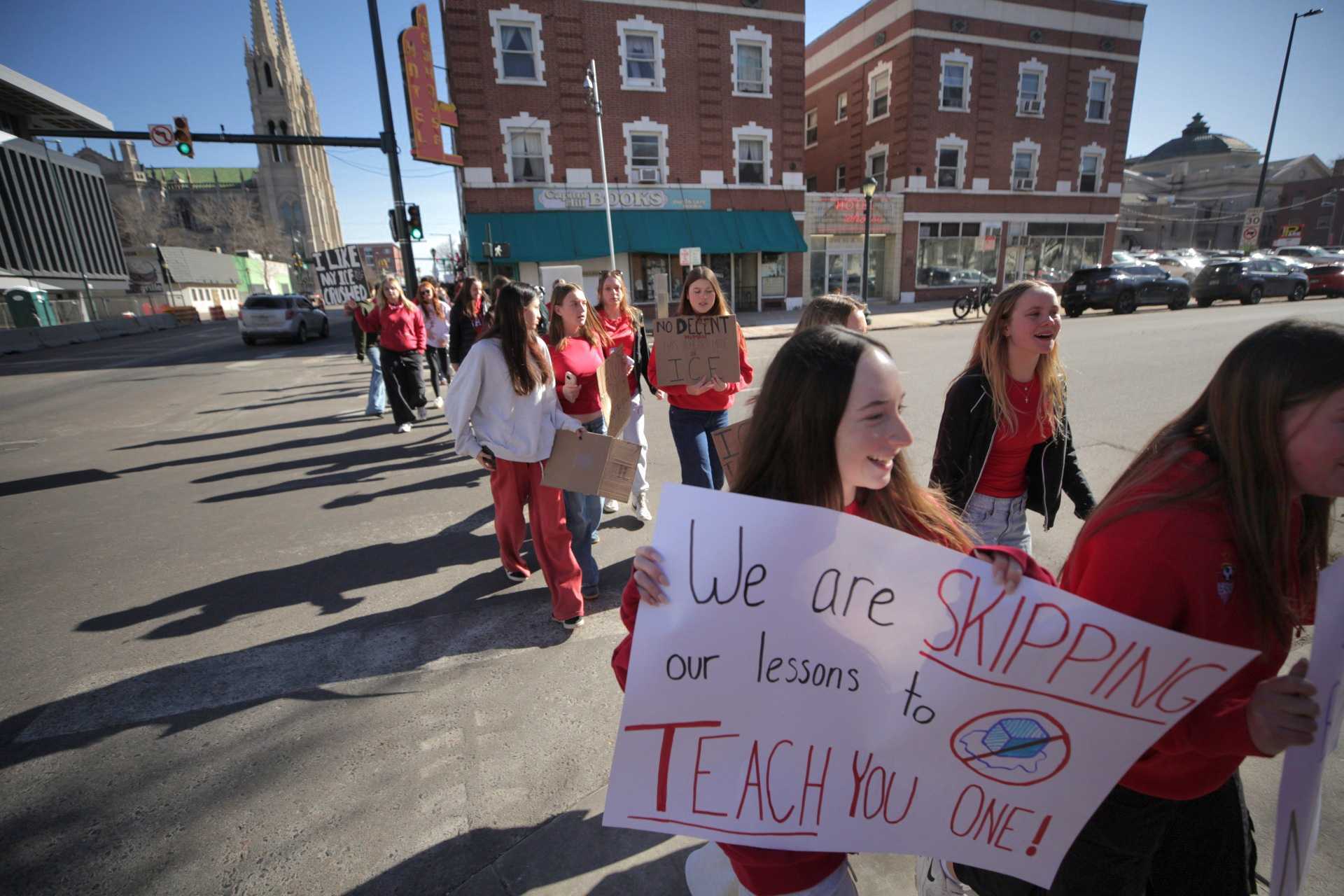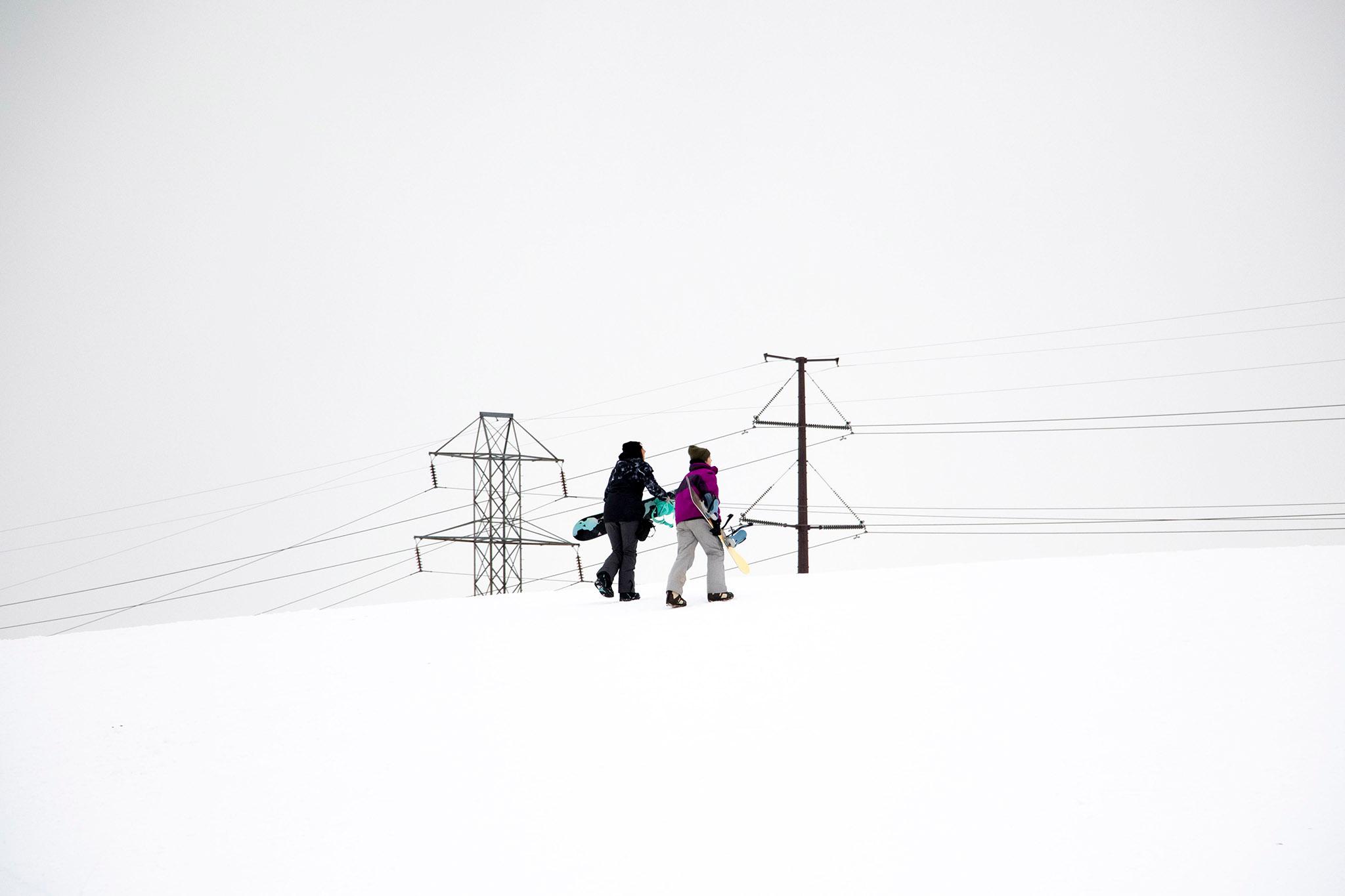James Vongverakool had a house, nice cars and a degree in biochemistry when the 2008 financial crisis hit. It wasn't long after, he said, when he lost everything.
The experience changed him, not just the trajectory of his life but how he sees the world. Today, he said, he works every chance he gets. He won't allow himself to become vulnerable ever again.
That's why Vongverakool was slinging tires at his Colfax Avenue shop on Labor Day when many people had the day off. Even though he has a degree, he said he prefers selling tires. Some biochemists might make $40,000 a year. He can make twice that, or more, selling rubber.
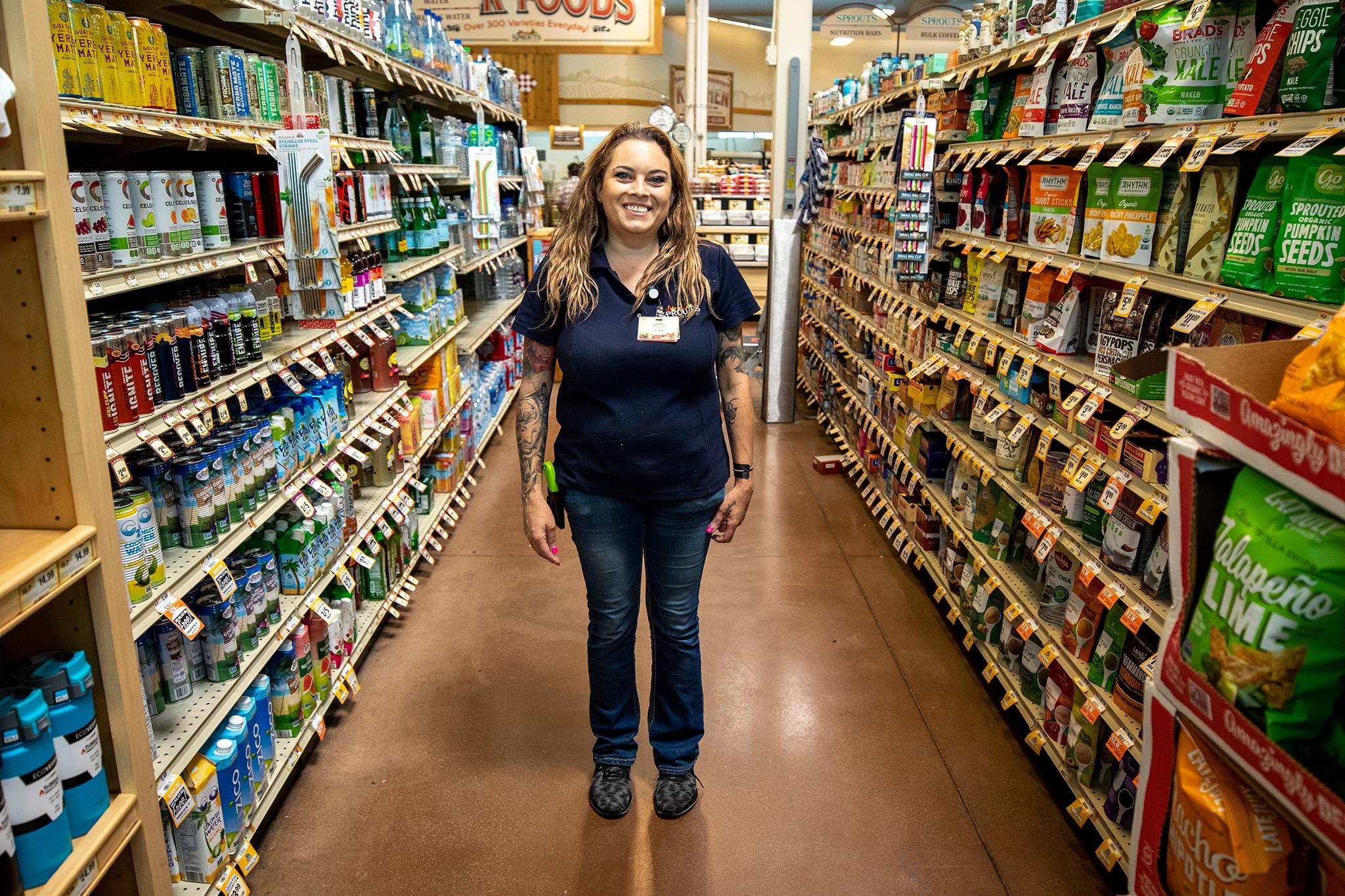
Michael Backman, for instance, does IT for Centura Health. He wrote in to say he and his colleagues work every day of the year in service of hospital and clinic staff. He said it can be frustrating when others are out barbecuing, but he generally doesn't mind.
Friedson said people working in these essential services may not have holidays off, but they usually get other perks like longer weekends. People with jobs in service or retail, he said, should get extra wages for working holidays, which economists call a "compensating differential."
That was the case for Kim Mavrakos, who wrote in to say she would pick up a shift at Target Monday night. It was partially her choice -- she'd get paid overtime and management was buying pizza -- but Mavrakos said she mostly needs hours at a second job to pay off debt. A lot of people we spoke to for this story said rising costs in the metro area have forced them to work more.
Consumer-facing businesses like restaurants, liquor stores and barber shops have an incentive to stay open on a holiday, Friedson said. Some places make most of their annual income on days like these. Managers would be crazy to close down.
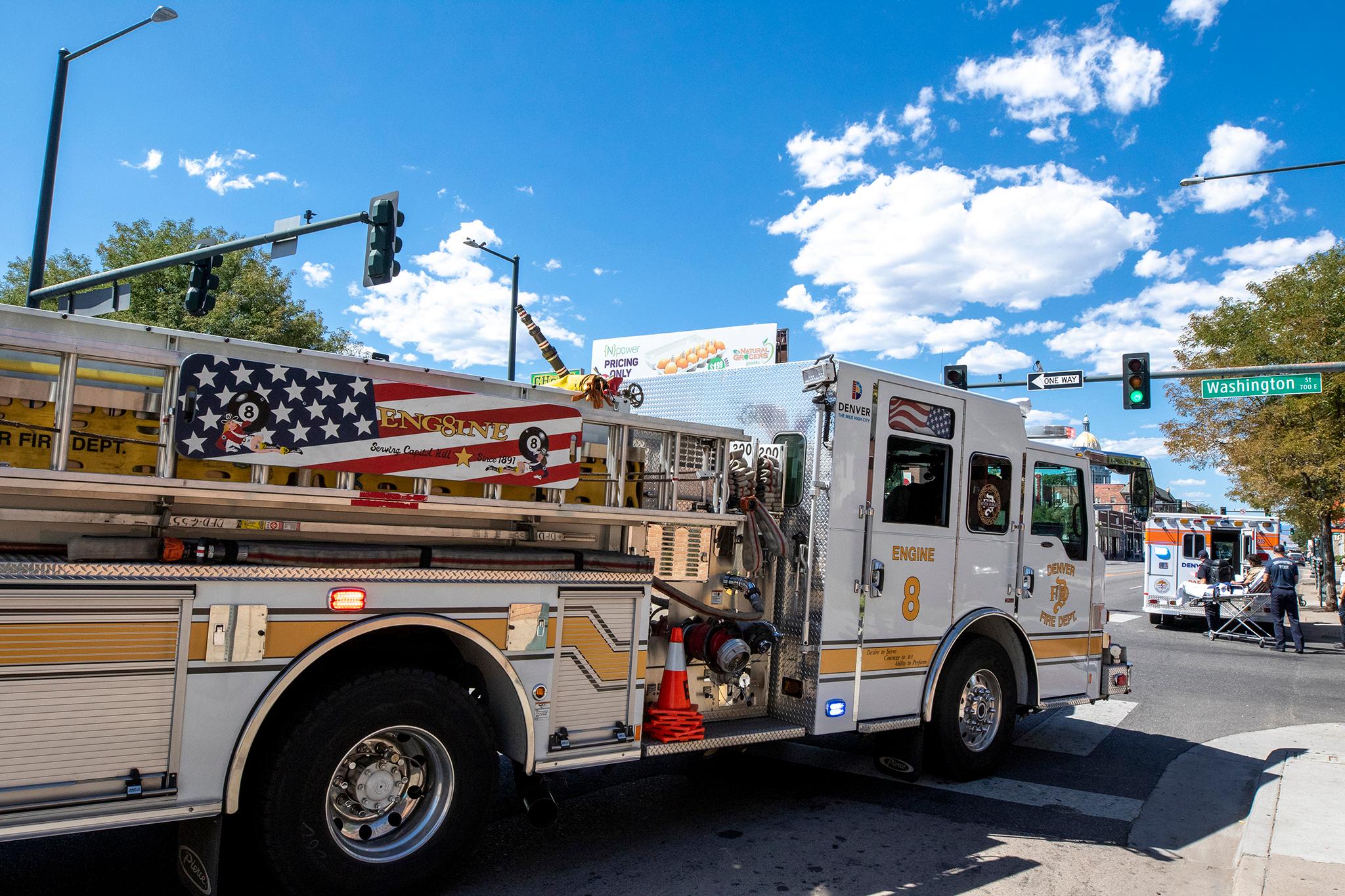
Paula Cole, a labor economist who teaches at the University of Denver, said workers in America's economy are increasingly moving into care and service professions that can't cease when a holiday comes around. Especially as the baby boomer generation ages, she said, the demand for this kind of labor will continue to increase.
The Denver Regional Council of Governments estimates that one in four people in the region will be older than 60 by 2030, and that the need for services is growing. Cole said many workers filling those positions will be women, who are more likely to hold care, retail and service positions.
"I am pretty confident that women are more likely to be working on Labor Day, too," she said.
According to the U.S. Bureau of Labor Statistics, service-industry workers who receive paid holidays are more likely to be working on most major holidays like Thanksgiving, Labor Day and Independence Day. Part-time workers who receive paid holidays were also less likely than their full-time counterparts to get these days off.
Jenifer Beach, a flight attendant based in Westminster, said she and her colleagues only recently started receiving holiday pay, but Labor Day is not one of those covered.
The gig economy and the salary economy: work all the time, any time.
Cole, the labor economist, said other societal shifts are chipping away at the number of people who might take a holiday off. The growing gig economy -- somewhat temporary contract positions like driving for Lyft or delivering for GrubHub -- has blurred the lines drawn a century ago during America's labor movement. A move toward salaried pay has done the same.
She said the "eight-hour work week" and overtime pay, concessions won during the Industrial Revolution, have been undermined by jobs that don't delineate between time on and time off. More salaried workers, for instance, means less people are counting their hours. While "it sounds like you have a better job," she said, it is in effect a "way to get around overtime pay."
Bree Neely, a freelance marketing director, wrote in to say, "The gig economy stops for no woman!" Although, she added, she doesn't exactly want it to stop. She worked all weekend.
Like service businesses that have a financial incentive to operate on holidays, gig workers like Lyft drivers can make bank on a weekend when people are out roaming the city.
Manny C., who was cutting hair in an Aurora salon Monday, said he's essentially a subcontractor and doesn't receive holiday pay. He also doesn't mind the grind, especially since his customers with the day off have more time to sit in his chair.
Along with salaried workers, business owners also seem likely candidates to work Labor Day.
Charlie Wilde, founder of a solar panel installation company, wrote in to say he'd be catching up on some administrative work and taking a few conference calls from his home office Monday. He wasn't planning on a full day, and he said he'd still make time to go to a party and enjoy the last bits of summer.
"There's increased pressure for us to be productive all the time," Cole said, and "we've changed the way we think about time off."
The bootstrap economy: some work for better opportunities for their kids, but it doesn't always work out that way.
A lot of people we spoke to on Monday were born outside of the United States and saw a bright future for their kids thanks to their labor.
Khalid Housse, who moved from Morocco in the late 1980s, said he used to work six or seven days a week, but he's figured out how to keep it at a regular five. He works every Monday at the Moline Corner Store in Aurora, so Labor Day is no different. He does not receive holiday pay.
Running the cash register most holidays doesn't bother him too much. He gets Christmas and Thanksgiving off to spend time with his family, and he's content with that.
Housse has two children, 13 and six years old. He said he hopes his work will finance college for them so they can work a job that gives them holiday pay.
"Everyone wants something better for their kids," he said.
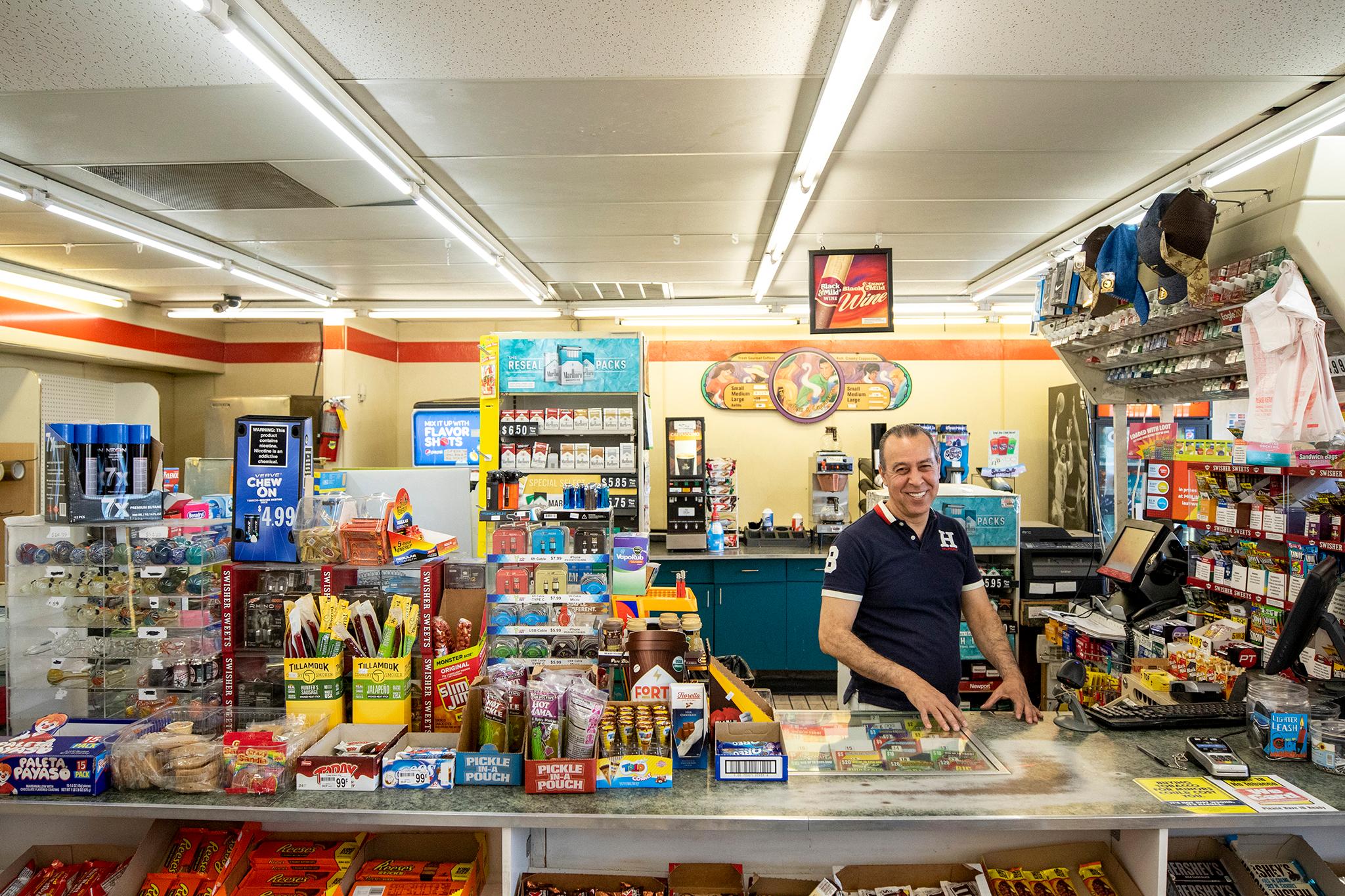
But Carrie Makarewicz, a professor of urban planning at the University of Colorado Denver, said the American Dream of generational advancement is often the exception to the rule.
Makarewicz studies how geography determines a person's future. She said where you live dictates your ability to access things like childcare and transportation, the kinds of schools you attend and the social networks that influence the jobs you get. If your parents worked jobs that didn't provide paid holidays, she said, you're likely to work holidays, too. People who grow up in neighborhoods with less opportunity are likely to end up living in those same, or similar, places.
"It is multigenerational," she said.
That was true for Jay Jung. His parents ran a grocery store in South Korea and worked all the time. On Monday, he was running the counter at Scooter Liquors in City Park West. But he expects his kids, who are 13 and 11, will go to college and get good jobs.
"Hopefully they will not be working on a holiday," he said.

The same was true for Vongverakool, who was on the job at his family-owned tire shop.
He was born in the U.S. His parents, who worked alongside him in the September heat, opened the business after they immigrated from Thailand. He chose not to use his degree, but hopes his daughter goes to college and uses hers.
"I've been struggling my whole life," he said. "I don't want that for her. I want her to be better than me."

